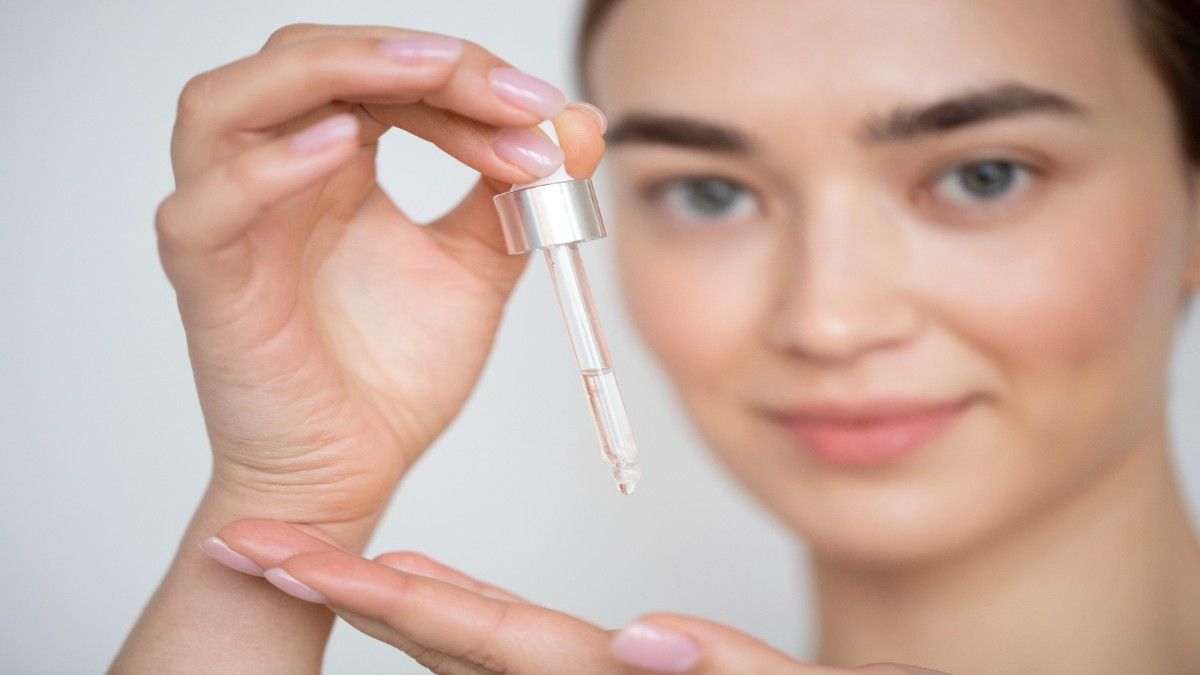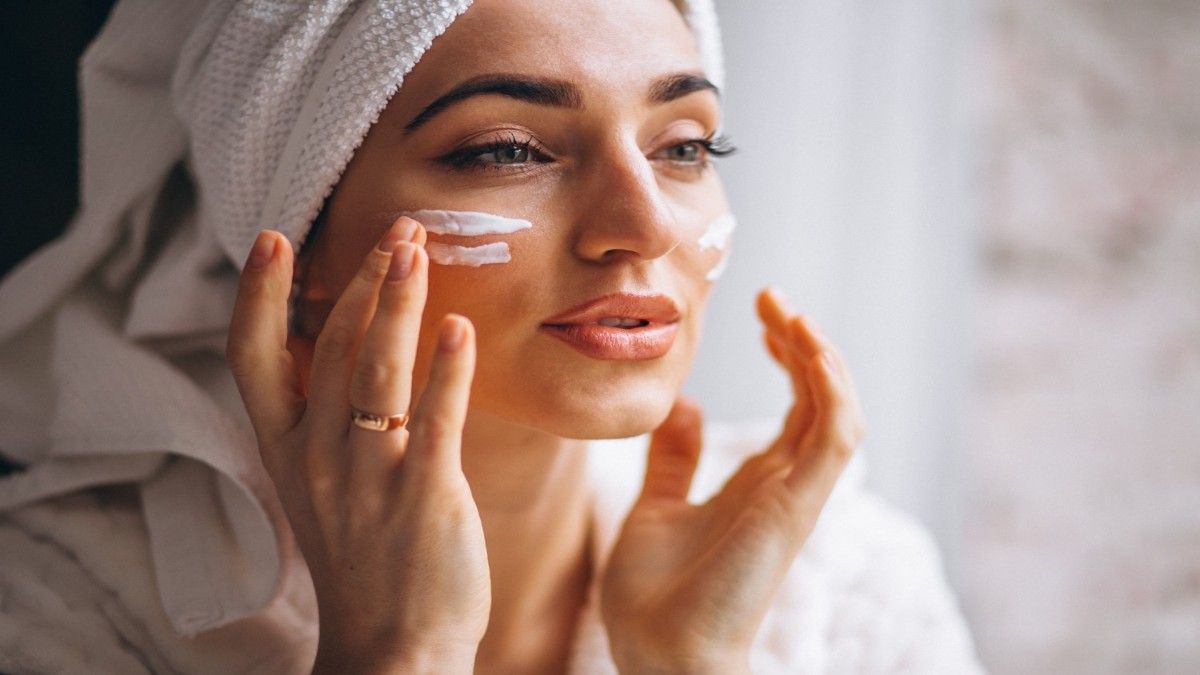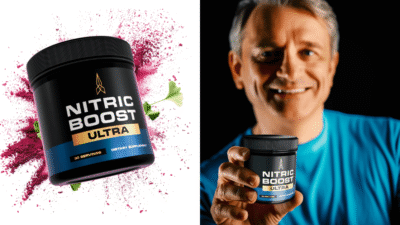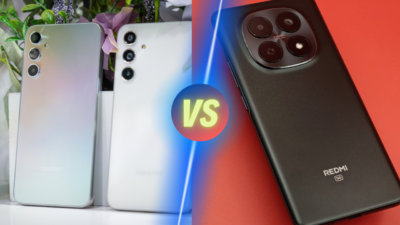Aging—can’t avoid it. But hey, slowing it down? Totally possible. And no, you don’t need to sell a kidney for a glow-up. Whether you’re 22 and freaking out over your first fine line or 52 and just discovering the power of serums (late, but welcome!), this guide will break it all down.
Let’s get into the juicy truth about anti-aging serums—what works, what’s a total scam, and which bottles are worth every single rupee.
What Are Anti-Aging Serums and Why Should You Care?
The Science Behind Serums
Serums are like your skin’s morning espresso shot—highly concentrated, fast-absorbing potions loaded with active ingredients. They’re designed to penetrate deep into the skin (unlike that thick moisturizer you slap on).
How Are They Different From Creams and Lotions?
Creams = hydration. Serums = action. Creams seal in moisture, while serums actually do the work. Think of creams as the fluffy blanket and serums as the heated pad.
What Causes Premature Aging—And Can We Really Stop It?
Environmental Factors
Pollution. UV rays. Blue light from your laptop (ugh, yes). All these speed up the breakdown of collagen and elastin—aka your skin’s scaffolding.
Genetic Aging vs. Lifestyle Aging
You can’t control your genes (blame your mom), but you can control your sleep, water intake, smoking, and SPF habits. Even the best serum can’t undo six hours of sleep and a Coke addiction.
What Ingredients Actually Work in Anti-Aging Serums?
Retinol—The Gold Standard
Backed by derms, science, and probably NASA. Speeds up cell turnover, fades wrinkles, fights acne. Just go slow with it—your skin needs to adjust.
Hyaluronic Acid—Moisture Magnet
Holds 1000x its weight in water. Hydration = plumper, younger-looking skin. It’s a must for all skin types.
Vitamin C—Brighten & Tighten
Bye, dullness. Hello, glow. This antioxidant zaps pigmentation and firms sagging skin. Use in the morning for max sun protection boost.
Peptides & Niacinamide—The Support Team
Peptides signal your skin to repair. Niacinamide calms, reduces redness, and strengthens the skin barrier. A power duo.
Do Expensive Serums Really Work Better?
Not always. You’re often paying for branding and fancy packaging. Some drugstore heroes outperform luxury ones. We’ve got receipts—keep reading.

How to Choose an Anti-Aging Serum Based on Your Skin Type
Oily Skin
Go light. Look for niacinamide and salicylic acid. Avoid heavy oils.
Dry Skin
You need hyaluronic acid, glycerin, and squalane. Creamier textures are okay.
Combination Skin
Balance it out—hyaluronic + vitamin C = your best bet.
Sensitive Skin
Avoid strong retinol. Start with peptides and niacinamide. Patch test like a pro.
Timeline: When Should You Start Using Anti-Aging Serums?
Short answer: 25. Long answer: whenever your skin starts acting weird—dullness, texture, or those cute little crow’s feet creeping in. Prevention is cheaper than correction.
How to Use a Serum the Right Way (Most People Don’t!)
Clean face
Pat dry—damp skin boosts absorption
Use 2–3 drops max (don’t drown your face)
Follow with moisturizer to seal it in
Always SPF after AM serums!
Warning Signs—When a Serum Isn’t Right for You
Burning? Nope.
Redness? Run.
Breakouts? Could be purging—or irritation.
Always give a new serum 2–4 weeks. If your skin hates it, it’ll let you know.
Dermatologist Tips for Getting the Most Out of Your Serum
“Layer wisely. Too many actives can cancel each other out—or worse, irritate your skin,” says Dr. Neha K, a board-certified dermatologist from Mumbai.
“Start slow, build tolerance, and always use sunscreen with actives like retinol and vitamin C.”
17 Best Anti-Aging Serums for Every Budget
Under ₹500
Minimalist 2% Hyaluronic Acid Serum
Hydrates like a tall glass of water
Non-sticky, fragrance-free
Good Vibes Rosehip Radiant Glow Serum
Antioxidant-rich
Perfect beginner oil-based serum
The Derma Co 10% Niacinamide Face Serum
Brightens, tightens, oil-balancing
₹500–₹1000
L’Oreal Paris Revitalift 1.5% Hyaluronic Acid
Clinically proven results
Drugstore staple
Mamaearth Skin Illuminate Vitamin C Serum
Great starter Vitamin C
Non-greasy
Plum 10% Niacinamide Face Serum
Lightweight
Calms acne & blemishes
₹1000–₹2000
Dot & Key Collagen Restorative Time Reverse Serum
Peptide-rich
Lux feel, clean ingredients
Olay Regenerist Retinol 24 Night Serum
Tried, tested, and loved
Great for beginners
The Ordinary Granactive Retinoid 2% Emulsion
Gentle yet effective
A retinol cult favorite
Earth Rhythm Multi-Peptide Anti-Aging Serum
Cruelty-free
Science-forward formula
₹2000+
Estée Lauder Advanced Night Repair
Expensive but iconic
Works wonders overnight
Kiehl’s Powerful-Strength Line-Reducing Concentrate
12.5% Vitamin C
Visible glow
Dr. Sheth’s Haldi & Hyaluronic Acid Sleeping Serum
Indian skin-friendly
Ayurveda meets science
Murad Retinol Youth Renewal Serum
Dermatologist-developed
Results in 2–4 weeks
Clinique Smart Custom-Repair Serum
Adapts to your skin needs
Luxurious and light
Sunday Riley A+ High-Dose Retinoid Serum
High-strength retinoid
Smooths fine lines fast
Paula’s Choice Clinical 1% Retinol Treatment
Dermatologist-favorite
Works like prescription
What Experts Are Saying: Dermatologist Quotes
“Anti-aging isn’t about reversing time. It’s about keeping your skin resilient and functioning at its best,” shares Dr. Reena Mehta.
“Consistency beats trends. The serum that works is the one you stick to,” says Dr. Arjun Yadav, skin expert and author.
Real People, Real Results: Transformations & Testimonials
“I didn’t believe in serums until I tried the Olay Retinol. Two weeks in—my skin feels alive.” — Aditi, 34
“Vitamin C made me glow in my wedding pics. Not even kidding.” — Sneha, 29
“I tried the fancy ones. Turns out, Minimalist does the job.” — Karan, 41

What’s Next for Anti-Aging Science?
Peptide stacks. DNA-repair tech. Microbiome-balancing serums. The future is bright—and so is your skin if you stay consistent.
Final Thoughts
You don’t need 20-step routines or ₹5000 bottles. You need consistency, good ingredients, and sunscreen. Anti-aging is a journey—not a sprint. And whether you’re balling on a budget or ready to splurge, there’s something here that’ll work for you.
Want to level up your skincare?
Check out this gem of a platform: Gemscor
FAQs
1. When should I start using anti-aging serums?
Start in your mid-20s for prevention. Earlier if you have sun damage or dullness.
2. Can I use anti-aging serums daily?
Yes! Just introduce slowly—especially with retinol or acids.
3. Are serums better than moisturizers?
They serve different purposes. Serums treat; moisturizers hydrate and seal.
4. Which serum is best for oily skin?
Look for lightweight, oil-free options with niacinamide.
5. Can I mix serums?
Caution! Some combos (like Vitamin C + retinol) can irritate. Layer with guidance.
6. Do I need SPF with anti-aging serums?
YES. Especially if you’re using Vitamin C, AHA/BHA, or retinol.
7. How long until I see results?
Anywhere from 4 to 12 weeks. Consistency is key.
8. Can I use anti-aging serums at night only?
Most are fine for day or night—but retinol is best at night.
9. Do serums expire?
Yep. Vitamin C and retinol serums degrade faster. Store them cool and dark.
10. What’s better: serum or face oil?
Serum treats, oil locks in. You can use both if your skin loves it.
11. Is it okay to use anti-aging serum on acne-prone skin?
Absolutely. Many serums double up as acne fighters.
12. Can men use anti-aging serums too?
Skin doesn’t care about gender. Go for it.
13. Are natural or Ayurvedic serums better?
Depends on your skin. Some Ayurvedic blends are effective—but test first.
14. Do celebrities really use serums?
Yes. And they also use Botox. Just saying.
15. Can I DIY anti-aging serum at home?
Possible—but risky. Actives need proper formulation.
Please don’t forget to leave a review.
Explore more by joining me on Gemscor.




